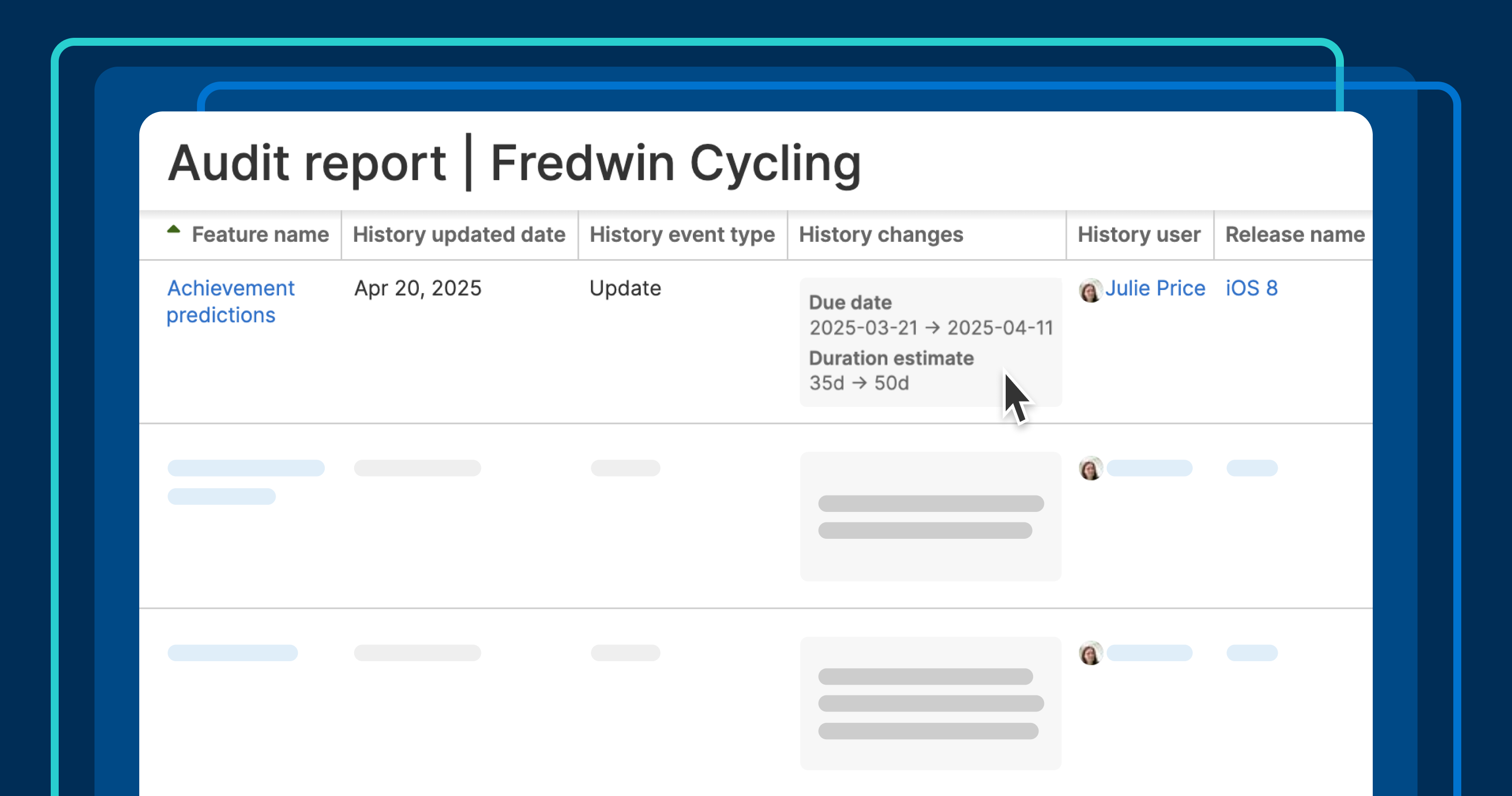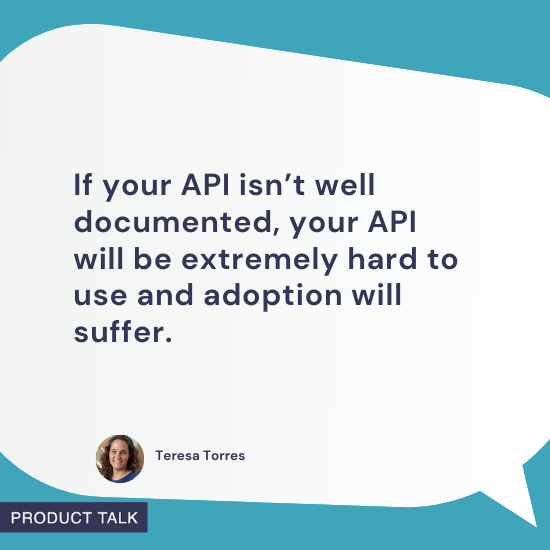supervisor is flirting with my wife, how to tell clients I’m closing my business, and more
This post was written by Alison Green and published on Ask a Manager. First, a housekeeping note: Comments will be turned off for a while on Friday while the site moves to a new server. They’ll be turned back on once it’s complete. It’s four answers to four questions. Here we go… 1. Supervisor is flirting with my wife I am a woman, 41 years old, who has […]

This post was written by Alison Green and published on Ask a Manager.
First, a housekeeping note: Comments will be turned off for a while on Friday while the site moves to a new server. They’ll be turned back on once it’s complete.
It’s four answers to four questions. Here we go…
1. Supervisor is flirting with my wife
I am a woman, 41 years old, who has been married to my wife for a year. We work together in different departments. She had a thing with one of her male supervisors before me, and he has become an issue. I’ve seen things that have made me question their relationship. In the beginning, when he found out about her and me, he began being nasty with me at work … closing doors behind him as I’m coming, dirty looks. He would also hug my wife (girlfriend at the time) as I would pass by and get very close to her to speak. Now, recently, he’s been telling her how good she looks and that she must have had a good Easter after he saw a few bruises on her arm, making it seem like something dirty.
I’ve asked my wife to speak to him and let him know his comments and his compliments are not welcomed and that their relationship should only be on a professional level. She said she spoke to him and told him no more funny business. But now I keep seeing their interactions on camera at work (I’m in security) and it’s bothering me. He speaks to her and she smiles, like a smile she usually gives me when she’s shy and blushing. I don’t know what else to say to her or what to do, but it’s bothering me more now because when I’m not around, I’m home overthinking everything. Any advice?
What does she say? Is she uncomfortable with how he interacts with her? If so, then the only appropriate role for you to play here is to support her in figuring out how she wants to handle it. If she’s not uncomfortable with it, then the question for you is whether you trust her to operate with integrity within the terms of your marriage. If you’ve let her know you’re uncomfortable with her hugging this dude and allowing him to think she’s welcoming his attention and it’s continuing anyway, there’s an issue within your marriage to work out: it could be that you’re seeing something suspicious where there’s nothing there (in which case your not trusting your wife would be the biggest issue) or it could be that she’s being disrespectful of reasonable feelings on your side (in which case there’s a different marital issue for you to decide how you feel about).
Ultimately, you can’t control other people (and attempts to do that within a marriage tend to fail in one way or another), but you can talk openly with your wife and try to reach a resolution you’re both comfortable with (or, through that open conversation, conclude that there’s a larger issue beneath this).
2. When and how to tell clients I’m closing my business
I am a self-employed language tutor who works in the homes of my clients. I work primarily with children and teens, so my most profitable months are during the school year, although I do have some adult students who have class year-round. I have been doing this for five years, and I’ve decided that the time has come to move on (I will hopefully be going back to school in the fall). My intention is to close at the end of the second quarter, to simplify my tax paperwork and coincide with the end of the school year.
I am struggling with how and when to communicate this decision to my clients. My main concern is that some of the more proactive parents are already asking me about scheduling for the next school year; beyond that, I want to give my adult students enough time to look for someone else and maintain continuity in their learning, but not tell them so soon that my income drops dramatically in the last few months. Lastly, I don’t want to burn any bridges in case I need to pick up a few hours here and there to make ends meet while I’m studying.
Maybe I’m overthinking it, but in the end this is an intimate job — I have watched children grow up and been in these people’s homes weekly, for several years in some cases — and I don’t want to leave anyone feeling shortchanged after years of relationship building. I feel it would be easier if I were able to tell them what, exactly, I’m moving on to, but the application for the program I’m interested in doesn’t even open until a few weeks after the end of the school year! So I won’t know anything by the time I need to tell them.
I’m currently thinking I should tell them at the end of May (school year ends June 20 here), and simply state that I’ve enjoyed working with them and will be going back to school next year, even though that may not be true in the end. If you have any suggestions on wording or timing, they’d be greatly appreciated.
It seems reasonable to tell parents in late May that you won’t be tutoring anymore after this school year ends. If people ask about scheduling for the next school year before you’ve officially announced, is there any harm in telling those people, “I’m not positive I’ll be continuing after this school year but I’ll let you know either way by late May”? Or even just telling them at that point that you won’t be continuing after June? I’m guessing they’d be unlikely to switch tutors mid-semester over that, but if that’s a worry, then go with the first, vaguer statement instead.
For your adult learners who may need to find a new tutor for the summer, is your sense that about a month’s notice is enough for them to do that? (I have no idea what that landscape looks like, but you probably do.) If it’s not, it’s still not unreasonable to provide a month of notice — but in that case, you might feel better about it if you gave them more (and if it will in fact take more than a month for them to find someone new, then presumably that cancels out some of the worry about them switching early and affecting your income).
As for the wording itself, I do think you’re over-thinking it! “I’ve loved working with you, but I will be shutting down my tutoring business after this semester” is perfectly fine. You can also say you’re going back to school if you want; besides, some people will probably ask what you’re doing next even if you don’t offer it. Some will probably ask where you’re enrolling, and it’s fine to just say “I’ve applied at a few places” or “I’ve applied at Taco Night School” or whatever you feel like sharing.
Last, if you’re able to recommend another tutor for them to contact, that’s a bonus (although it’s okay if you can’t).
3. My boss doesn’t want me to say “my team”
I got some feedback on one of my evaluations and it’s been bothering me. It pops into my head every once in a while, but it’s so low stakes that I don’t think its worth it to bring up to my boss. Could you give me a sanity check?
My boss, Sammy, wrote in my yearly evaluation that I shouldn’t refer to the team as “my team” but I should say “Sammy’s team.”
I didn’t ask her to elaborate at the time because I found it so weird. I’m not trying to imply ownership of the team when I say “my team uses this tool frequently.” It’s my team, the team I am part of. Constantly saying “Sammy’s team uses this tool frequently” is awkward if the person doesn’t know Sammy or that I am on Sammy’s team. Am I off-base here? How do other people refer to their teams in conversation?
No, your boss is being really weird. It’s completely normal to say “my team,” just like it’s normal to say “my sister,” “my coworker,” or “my company.” You’re not implying ownership of your sister, your coworker, or your company when you say that. And wanting you to say “Sammy’s team” adds an especially egotistical twist on top of it; everyone must know that she is your liege!
I’m curious if she’d also object to you saying “our team”; it would be harder to argue against that, but I wonder if she would.
Anyway, no, you are not off-base; she is. It’s probably not worth it to put any capital into pushing back on it, but it’s definitely worth taking it as interesting information about her.
4. Should my resume include the job I was fired from after five months?
I started a new job in October. Unfortunately, it ended up being a bad match and, after working hard to adjust with a PIP, I was let go at the beginning of March. Now, I am job hunting and obviously it is very competitive.
I was in my previous role for four years and the one before that for two years, so I’m not a job-hopper. I’ve been getting a lot of fast rejections from applications, which makes me think I’m getting screened out by automated systems. The short tenure at my previous job is the best explanation; my resume is otherwise very strong. Do you think it would be better to leave the short job off my resume? A five-month employment gap looks bad, but I’m wondering if a five-month job looks worse. If I do leave it off, would it be acceptable to offer this explanation in an interview?
Different hiring managers will have different takes on this, but a five-month job (that wasn’t intended to be short-term) can definitely raise more concerns than a five-month employment gap. Try taking it off and see if your results change. Hell, you could even A/B test it and send some resumes with it and some without and see if you can track any differences in response. If you do leave it off, you don’t need to proactively explain it in interviews, although if it does come up, you can just say that you left your previous job for one that you thought would be a good match but wasn’t. (Don’t explain that you left it off because you thought it looked bad; that’s too insider-baseball.)
All that said, I wouldn’t assume this is causing you to be screened out by automatic systems. It’s just a very tight job market right now and you could be getting the same number of rejections even if you were still employed at the last job. (Also, a single short tenure isn’t that kind of thing that automatic screening generally looks at anyway — specific qualifications, yes; length of time at last job, no.)
Related:
should you include a short-term job on your resume?
should I include a job I was fired from on my resume?































































































![Building A Digital PR Strategy: 10 Essential Steps for Beginners [With Examples]](https://buzzsumo.com/wp-content/uploads/2023/09/Building-A-Digital-PR-Strategy-10-Essential-Steps-for-Beginners-With-Examples-bblog-masthead.jpg)





![How One Brand Solved the Marketing Attribution Puzzle [Video]](https://contentmarketinginstitute.com/wp-content/uploads/2025/03/marketing-attribution-model-600x338.png?#)




























